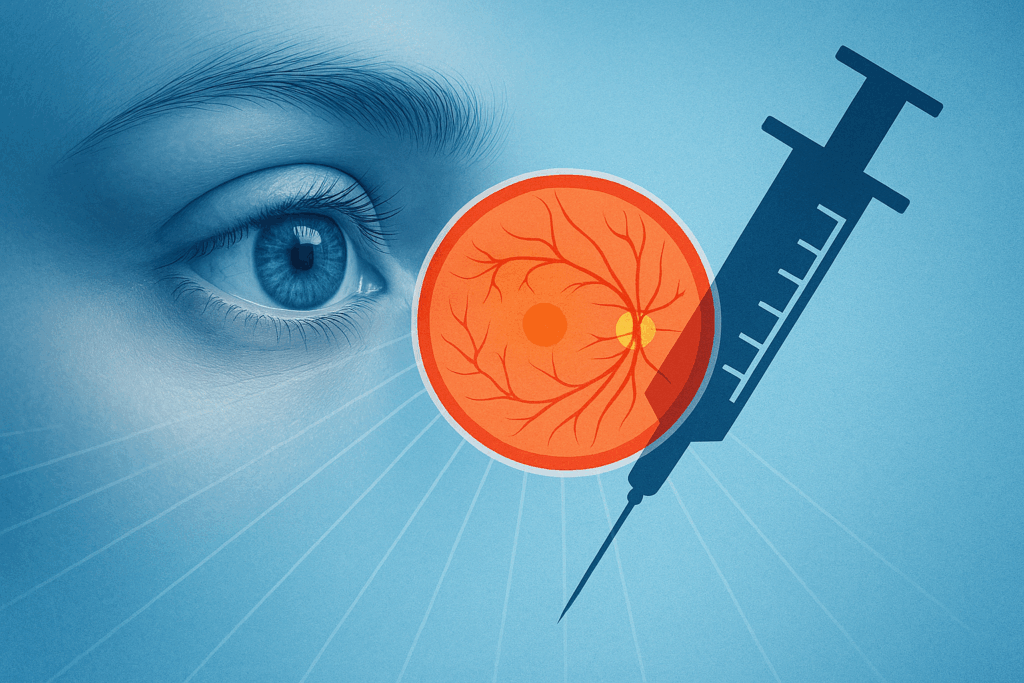Request an Appointment
While Dr. Lally is fellowship-trained in medical retina, she also specializes in cataracts and anterior segment surgery. Since residency, she has integrated cutting-edge technology into her practice. She has extensive experience with femtosecond-laser assisted cataract surgery, and was an early adopter of new technologies in multifocal, extend depth of focus, and toric intraocular lenses. Dr. Lally’s unique ability to provide comprehensive ophthalmologic care enables her to attentively address her patients’ refractive and retinal needs.
The goal of cataract surgery is to replace the cloudy lens with a permanent, transparent, intraocular lens, made of a specialized plastic. Your cataract surgeon places the new lens in the exact anatomic location where the natural lens once was. Any power lens can be implanted into the eye, resulting in a decreased dependence on glasses following surgery. After the cataract is removed, it cannot return.
Reduce your dependence on glasses with the revolutionary PanOptix Trifocal intraocular lens. If you are a candidate for cataract surgery, you have options when it comes to choosing an intraocular lens. PanOptix allows you to see in multiple light conditions and at three distances: distance, computer, and reading.
We treat all retina conditions including, but not limited to, the following:
Retinal Vein Occlusion
Retinal Detachment
The cornea is the clear, “windshield-like” tissue on the surface of the eye. We treat the following conditions:
In addition to our specialties, we also treat a number of common eye conditions such as:
Glaucoma is a disease of the optic nerve, the large nerve that carries information from the eye to the brain. Glaucoma is caused by high pressure within the eye which results in damage to optic nerve fibers. The damaged nerve fibers cause blind spots or loss of vision, usually in the periphery of one’s vision.
A Refractive Error is a very common eye disorder that occurs when the eye cannot clearly focus on an image. Refractive vision results in blurred vision, but can be easily corrected with glasses, contact lenses and/or refractive surgery. While refractive errors cannot be prevented, it is important that they are diagnosed and corrected to help patients achieve clear vision.






Featured in AAO EyeNet Magazine, Dr. Erin Lally’s remarkable journey from summiting Mount Everest to leading Summit Eye Surgeons reveals how the same precision, patience, and perseverance that carried her to the world’s highest peak continue to guide her compassionate approach to eye surgery.

Board‑certified ophthalmologist Dr. Erin Lally explains how anti‑VEGF injections stop vision loss from macular degeneration, diabetic macular edema & retinal vein occlusion. Learn what to expect at every visit.

Macular degeneration is a disease that primarily affects the macula, which is the central portion of the retina—the light-sensitive tissue at the back of your eye. The macula is responsible for your central vision, color perception, and the sharp detail you see in everyday tasks like reading, driving, and recognizing faces.
Request your appointment using our easy form we will get in touch with you shortly.